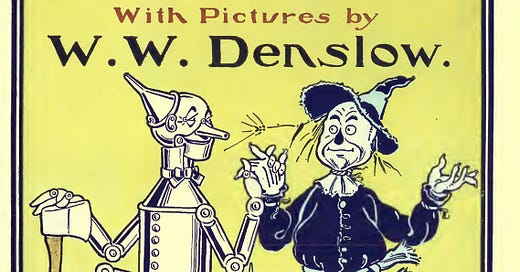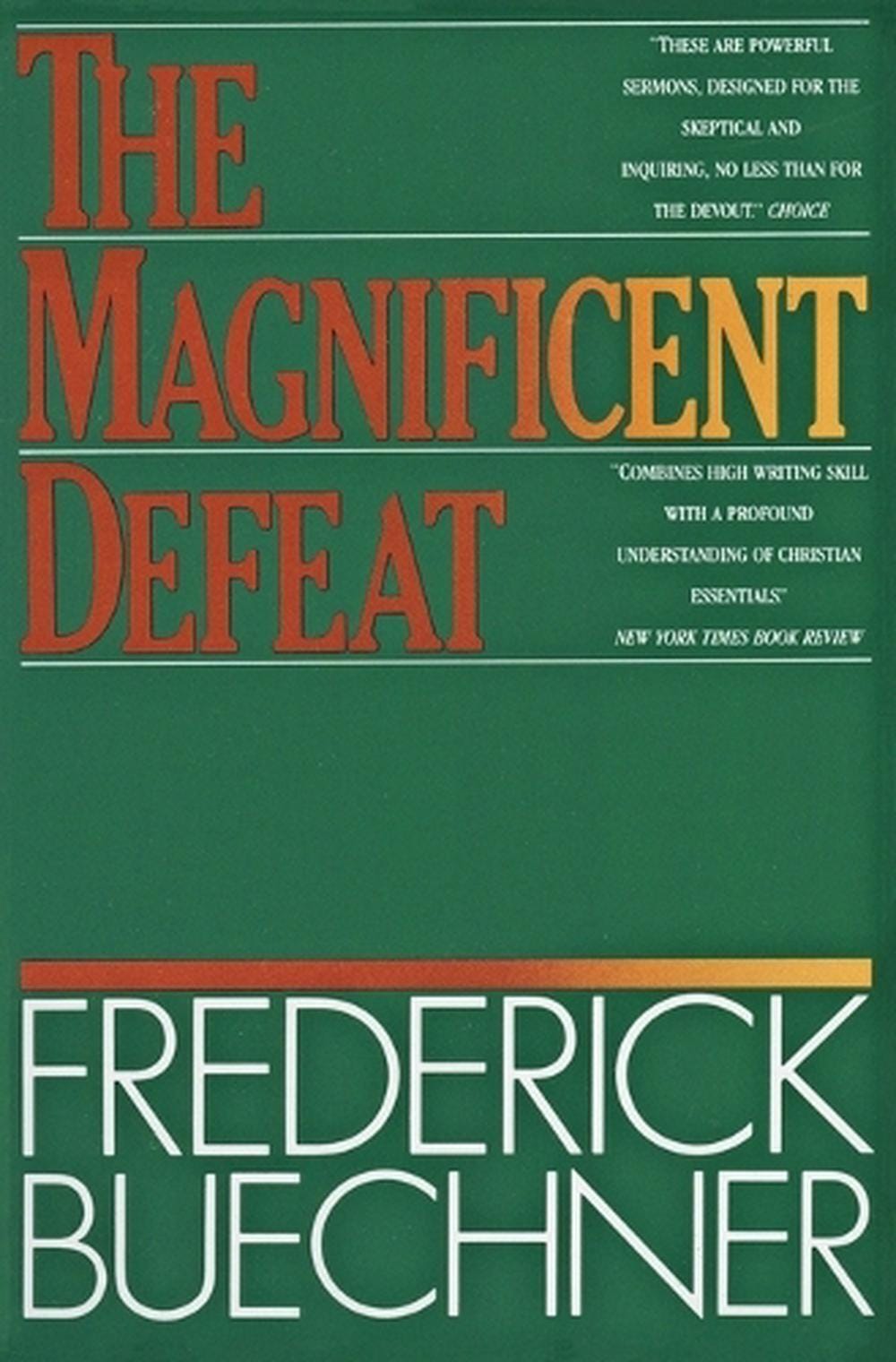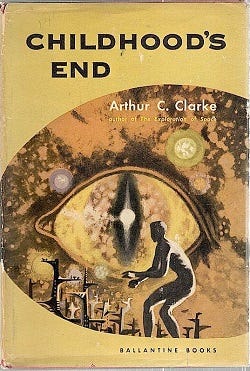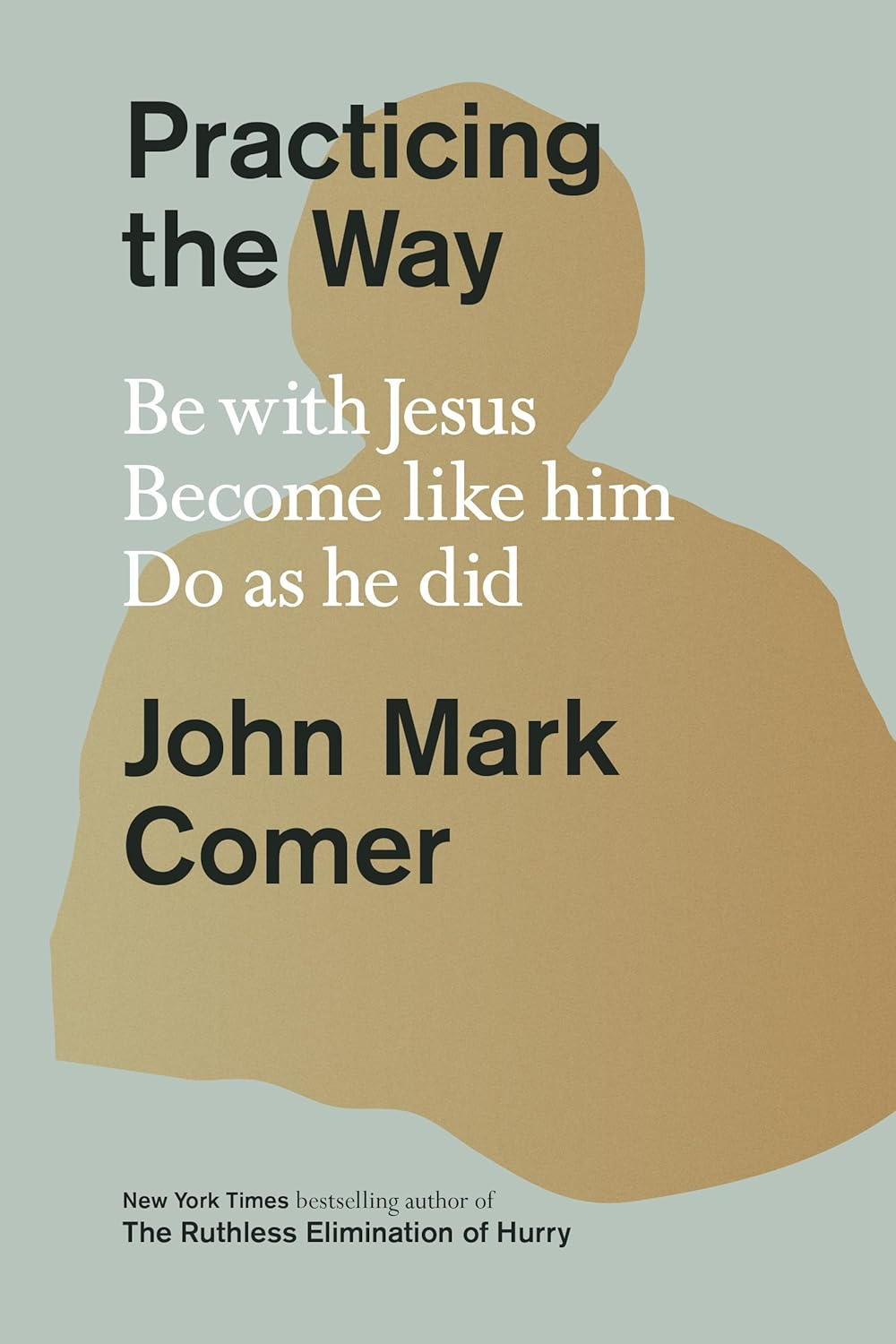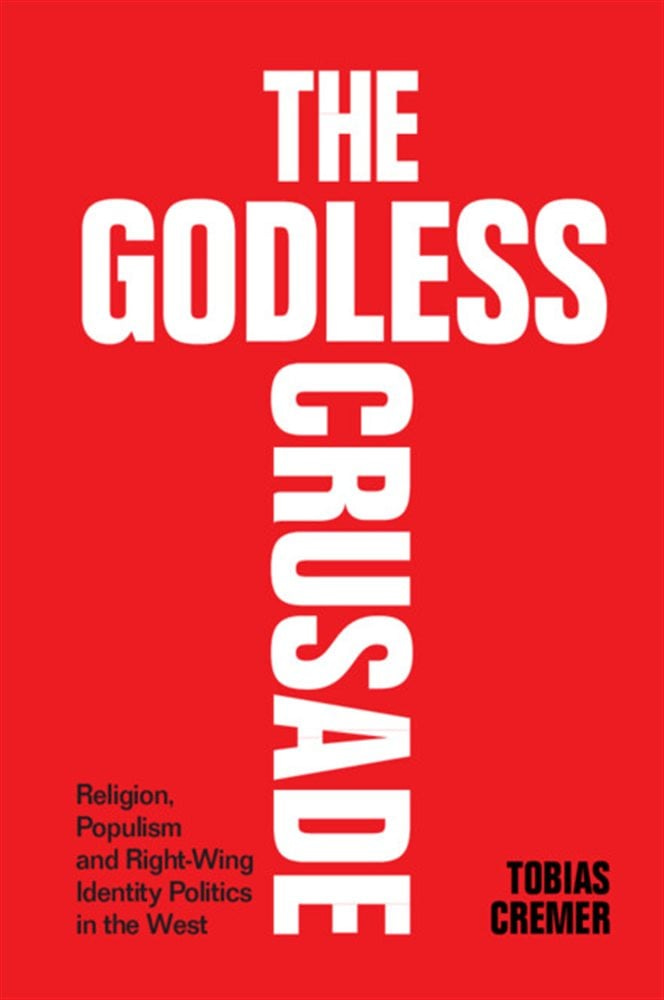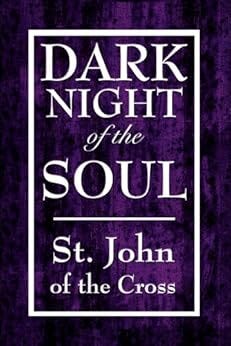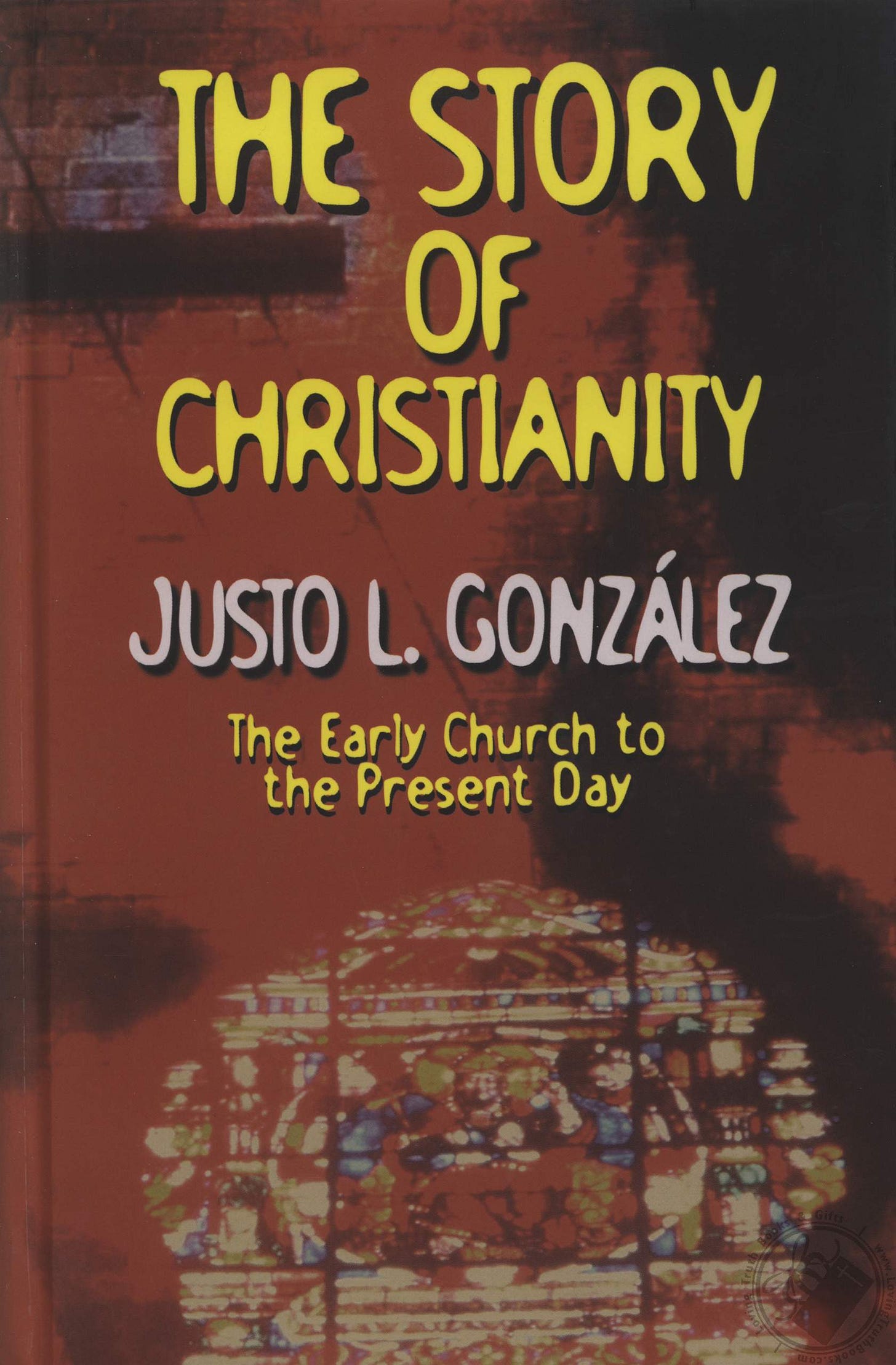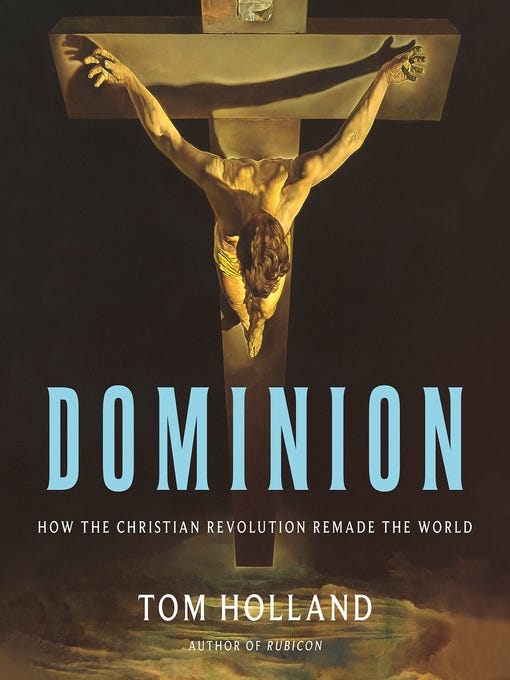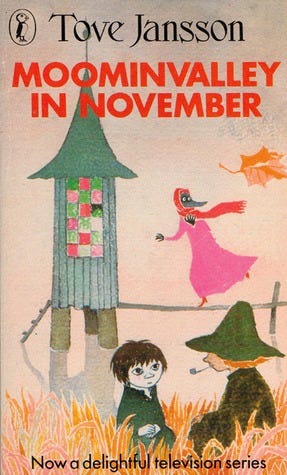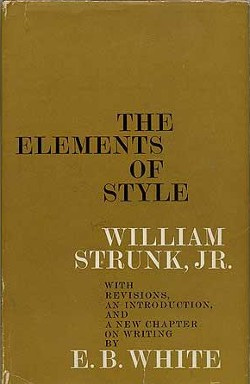Happy holidays!
I’ve been enjoying some great family time here in my hometown. With the free time this visit has afforded me, I thought I’d share a bit about the books I read this year.
So, here are 10 of the best books I read in 2024 (arranged alphabetically by author).
The Wonderful Wizard of Oz by L. Frank Baum
A few years ago, I watched the infamous 1985 Return to Oz and was instantly captivated by its dark and dreamlike imagery. I soon learned this approach was more faithful to the source material than the famous 1939 classic. This led me to give the books a try and I’m happy I did.
The Wonderful Wizard of Oz is a highly entertaining read with creative illustrations that make its world all the more immersive and magical.
The book overflows with a pervasive sense of “Americanness,” from Oz’s landscape to the characters’ own turns of phrase. It is truly our country’s first entry into the fairy tale genre, and a great one at that.
The Magnificent Defeat by Frederick Buechner
Easily the best book I read this year. The Magnificent Defeat is a short collection of sermons by the Presbyterian novelist-minister Frederick Buechner. Buechner’s distinction as a novelist is one important to make as his sermons possess the quality of a novel in their scope and style.
Buechner turns the sermon into an art form here in a way only a skilled novelist could. He knows exactly how to speak to the modern world’s ever-increasing scepticism while staying true to the rich symbolism and incarnational power of the Gospel. Hands down the greatest sermons I’ve ever encountered.
Childhood’s End by Arthur C. Clarke
The final book I read this year and what a way to end.
Childhood’s End is thrilling, mysterious, and overwhelmingly creative. The novel is a great thought experiment surrounding the destiny of humanity, our place in the universe, and the possibility that there exists something greater than us.
Though I cannot agree with the book’s final message, it was an absolute joy reading the story that led there. It challenged and left me with a lot to contemplate. Should you read it, pay attention to your initial reaction to the ending. It will reveal a lot about you.
Practicing the Way by John Mark Comer
“The future is ancient,” so says John Mark Comer and his friends at the non-profit Practicing the Way. That maxim is well represented in his book which bears the organization’s name.
Practicing the Way essentially functions as a spiritual formation handbook for the modern age. In it, Comer cuts to the core of what it means to follow Jesus. He presents the Christian life as more than theory and dogma but as a lifestyle built around learning at the feet of Rabbi Jesus.
Comer communicates this all in clear and concise language. He reminds us that Heaven isn’t just a place we go to when we die but any moment we follow in our Rabbi’s footsteps here on Earth.
A must-read for any follower of Jesus. Particularly those of us in the West.
The Godless Crusade by Tobias Cremer
From 2019 to 2020, German scholar Tobias Cremer spent time in France, the United States, and his native Germany examining the emergence of a new religious right. Interestingly enough, this movement has little to do with the theology and often the morals of Christianity and more with cultural identification and an “us versus them” mentality.
What makes The Godless Crusade particularly powerful is how, in the years since Cremer’s research, the movement he studies has continued to grow. For any Western follower of Jesus trying to make sense of this paradoxical relationship between the Way of Jesus and a belligerent nationalism, this book is worth the read.
It’s worth noting that Cremer is writing as an academic and it shows. Makes it tough to read for those of us outside the academic world, but not impossible. Especially if the topic is of high interest to you.
Dark Night of the Soul by St. John of the Cross
500 years ago, St. John of the Cross wrote about an experience most Christians experience and hardly speak about today (in Protestantism at least).
In the manner only a mystic can, St. John speaks of the inevitable stage in life where one feels cut off from God’s presence. In this Dark Night, we can easily slip into feelings of depression, isolation, and spiritual dryness. Through it all, St. John maintains that this stage is a pivotal moment in our spiritual formation. It’s a movement in which our relationship with God becomes dependent not on feelings but on a faith that transcends emotion.
Dark Night of the Soul isn’t a long read but I regret going through it so fast. This one really requires a slow walk with plenty of contemplation. Especially if you feel suspect to be in the Dark Night yourself.
The Story of Christianity by Justo L. Gonzalez
Every summer I read a book on church history, this summer it was The Story of Christianity by the Cuban Methodist theologian Justo L. González.
This two-volume set was part of my required reading for the church history courses I took at university. Gonzalez truly is a great entry point for the subject, providing an engaging and thorough exploration of this long, unfolding story.
I particularly enjoyed the attention he gave to underrepresented groups like women and non-Europeans. Reading more about their role in the Church left me with a fuller and richer understanding of the Gospel’s unifying reach.
A wonderful read with an encouraging conclusion. If you’re interested in Church history and don’t know where to start this is the place.
Dominion by Tom Holland
Tom Holland’s Dominion is worth much of the hype it receives. It’s not a perfect book, not by any means, but does well in achieving its bottom line- emphasizing just how entrenched Christian morality is in the Western world.
Holland is a remarkable storyteller and creatively uses historical snapshots to follow the evolution of Western morals and their relationship to the Way of Jesus. In reading these, you’ll notice the traditional line between secular and sacred blurred. That’s a gray space a lot of us are cautious of but it’s our reality nonetheless.
Moominvalley in November by Tove Jansson
I started reading the Moomin series when I was 24 and only regret not having read them sooner. Tove Jansson’s world is inviting, clever, and whimsical, a vibe present both in her writing and illustrations.
Moominvalley in November, the final in the series, subverts much of what we’ve come to expect from the Moomins. It’s melancholic and lonely, placing you in that same place of loss Jansson herself having written this just after the death of her mother.
And, yet, there’s a small flicker of hope here. An encouragement to let go, to embrace the changing seasons, even if that means spending some time in the cold.
The Elements of Style by William Strunk Jr. & E.B. White
Not thrilling but vital for any writer. This was my second time reading it. After launching the Theophilus newsletter back in October I thought it worthwhile to revisit this staple style guide.
Straight and to the point, Elements of Style gets the job done for any writer looking to harness the English language to its fullest potential. I’m still violating half of its guidelines to this day.
Any of these books are worth your time, just depends on what you’re interested in.
Hope you had a merry Christmas and that you enjoy New Year's, too. Tomorrow I’ll fly back to Rotterdam. Once I’m back I’ll put out another update/reflection on the past year.
Until then!
Interested in how you can help support my work? Here are a few ways…
US Specific:
Venmo (@Jon-DiNovo)
WEC USA giving information can be found here.
EU Specific:
Tax Deductible Donation via WEC NL: NL98 ABNA 0426 839 536 t.n.v. stichting WEC Nederland o.v.v. Jon DiNovo Rotterdam
Direct Donation: NL31 ABNA 0121 7988 28
General:
Revolut (@jondinovo)
Following the Theophilus newsletter

